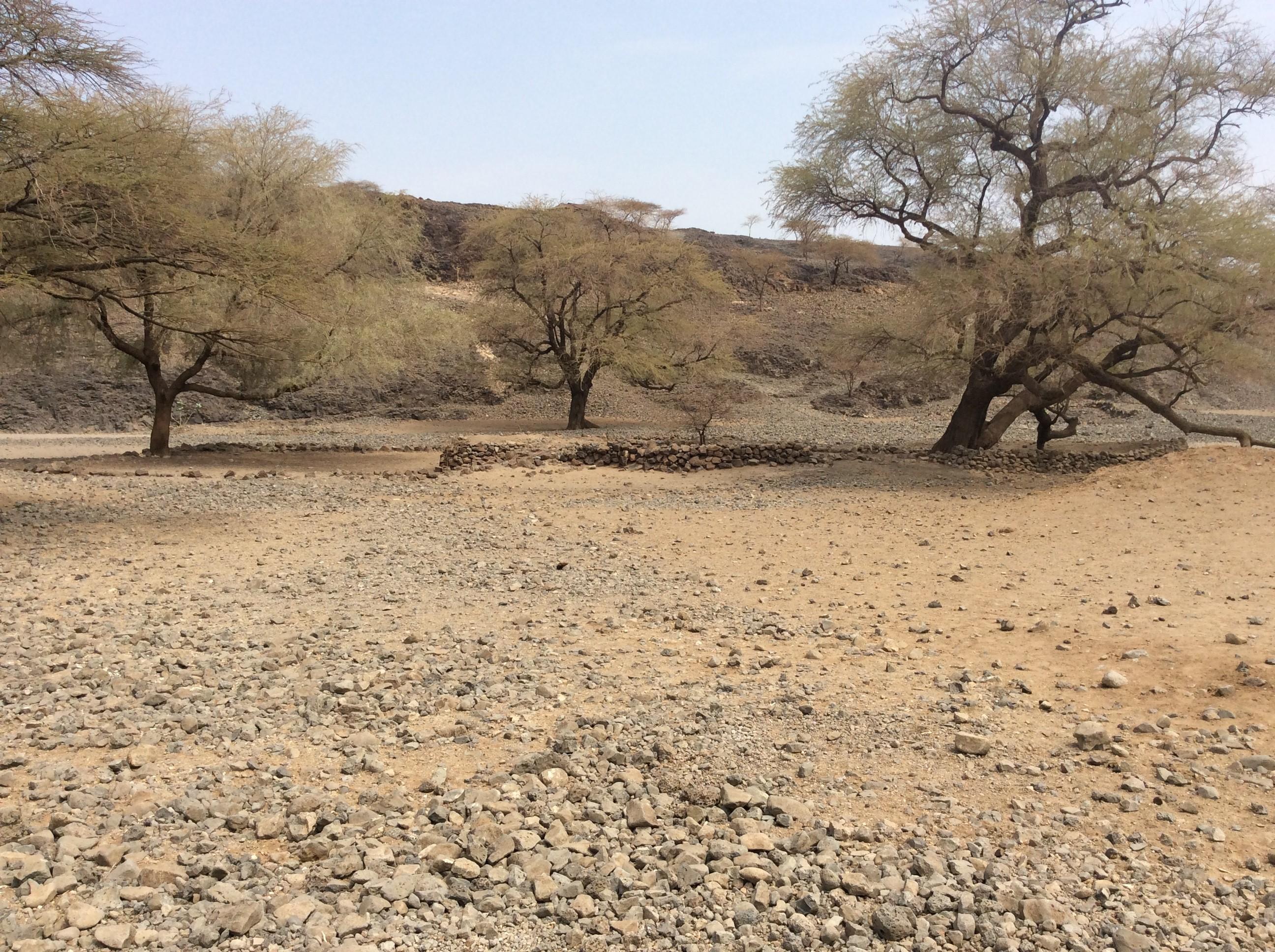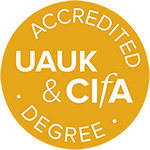
This is a collaborative research project between archaeologists and pastoralist community organisations on the long-term history of indigenous water management and well digging in northern Kenya and southern Ethiopia. In these arid and semi-arid parts of eastern Africa, wells form a key component of pastoralist biocultural heritage. Community identities and understandings of the landscape are entwined with knowledge – sometimes contested – about water sources, and particularly about the wells dug across the region by earlier generations. Indigenous wells are also models of sustainability and resilience in a challenging and changing environment. Effective communal management of wells has allowed pastoralists to weather a range of environmental shocks over the centuries, crises that significantly shaped pastoralists' social resilience and identity in these arid, uncertain environments. However, precisely who made the wells, who has the right to use them, and under what the terms remain under researched and documented. Current plans for national development involving major infrastructure works across the region are placing new demands on scarce water resources, often with little or no concern for community consultation, cultural identity, or spiritual well-being.
Working with Gabbra, Boran, Rendille and Sakuye pastoralist communities in northern Kenya and Borana and Oromo in southern Ethiopia, the project aims to provide comparative archaeological evidence on the cultural histories of wells and water management throughout the region; train a cohort of researchers from pastoralist communities in community archaeology and cultural heritage management; build a network of community researchers and academics focused on producing measurable impacts for indigenous water governance and management; and ensure cultural heritage registration and safeguarding policy are compliant to the needs of local communities and the principles of biocultural heritage protocols.
Funding: British Academy – GCRF Sustainable development Programme, 2018-20.
Project Lead: Dr Freda Nkirote M’mbogori, Country Director, British Institute in Eastern Africa, Nairobi, Kenya
Team Members:
- Professor Paul Lane, Cambridge University, Co-I
External Partners:
- Mercy Gakii Kinyua, National Museums of Kenya, Nairobi
- Dr Waktole Tiki, Ethiopia Civil Service University, Addis Ababa, Ethiopia
- Dr Boku Tache, Gayo Pastoral Development Initiative, Yabelo, Ethiopia
- Dr. Hussein Isack, Kivulini Trust, Kitengela, Kenya
- Professor Gufu Oba, Faculty of Landscape and Society, Norwegian University of Life Sciences, As, Norway
Image: Ancient stone-walled wells in river bed, El Hadi, northern Kenya. Photo: Paul Lane
British Academy


